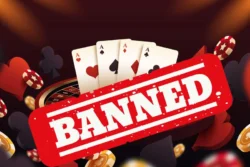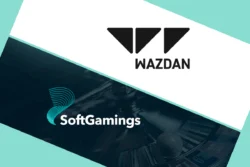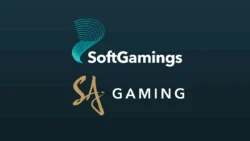One of the more popular mechanics that have been introduced into some of the biggest games in the world over the past few years has been within loot box market. It has introduced a slot machine styled mechanic by offering cosmetic or sometimes game mechanic rewards for participating. These have become increasingly criticised over the past few years, but will change be seen?
Much of the criticism has come as certain features have often been locked behind this paid content. FIFA is one of the titles that has popped up most recently as the rising popularity of features such as ultimate team have had some reliance on spending money to be able to compete. Other notable titles have been in games such as Counter-Strike, which whilst only offer cosmetic rewards that don’t impact the gameplay have led to a huge market, which can often see sales reach into the tens of thousands for these smaller cosmetics. With the rewarding sensation offered and the potential money to be earned from doing so, the fears are that this has been appealing to a younger audience and may have caused a gambling pandemic amongst this younger audience.
The first changes were put in place across Europe as many developers were required to display the odds to win certain rarity of items. Whilst there are many sources available on maximising your opportunity of winning on slots, these in-game mechanics remained largely a mystery with odds not public knowledge and with no understanding on whether the rewards are pre-set or randomly determined when opening the loot box. This initial change, whilst offering visibility on how likely players are to win, did little to stop the movement to require regulation on the loot box market.
A report earlier in the year for the UK look to change this and bring loot boxes under the gambling act – “If a product looks like gambling, and feels like gambling, it should be regulated as gambling” the report stated, and could signal big changes to the way loot boxes work. This new form of mechanic had only really been introduced within the past ten years, and as its still relatively new the gambling act has fallen behind on how the market is reacting and has suggested that big reform is needed to ensure that the younger audience who these games are targeted at aren’t being taken advantage of.
The approach may come in a number of different ways – game rating agency Pegi have already stated that clear warning labels will be added to show whether or not a game has introduced these systems with a number of companies taking the initiative to change how they work too – but as figures continue to increase it may become a possibility that these systems are banned outright as they have been in other countries, and may also lead to future changes in the betting and gambling market found growing in esports as it represents the largest change and growth.
Image Credit: eurogamer






